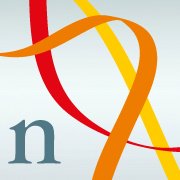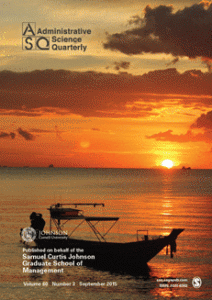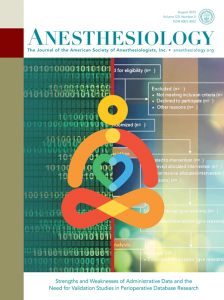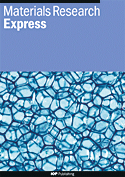
The head of a department at WHU — Otto Beisheim School of Management has been charged with “severe scientific misconduct” for not spotting many of the data irregularities of his co-author Ulrich Lichtenthaler, which have ultimately led to 16 retractions.
According to a news release describing a WHU investigation (which we had translated using One Hour Translation), Holger Ernst did not neglect his supervisory duties, but, as a co-author on many of the retracted papers, he should have been more aware of the data issues in Lichtenthaler’s work: Continue reading German dep’t head reprimanded for not catching mistakes of co-author Lichtenthaler


 It may not be much of a surprise that narcissistic CEOs of pharmaceutical companies will make bold choices, such as adopting radically new technology. That idea remains true, despite a lengthy correction to a paper that supports it.
It may not be much of a surprise that narcissistic CEOs of pharmaceutical companies will make bold choices, such as adopting radically new technology. That idea remains true, despite a lengthy correction to a paper that supports it.




